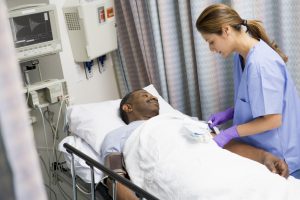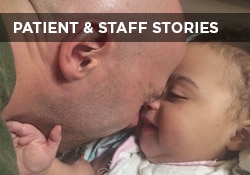This website uses cookies so that we can provide you with the best user experience possible. Cookie information is stored in your browser and performs functions such as recognising you when you return to our website and helping our team to understand which sections of the website you find most interesting and useful.

Susan E. Mazer, Ph.D. Blog
Thoughts and ideas on healthcare
Hi, and welcome to my blog! I'm Susan E. Mazer -- a knowledge expert and thought leader on how the environment of care impacts the patient experience. Topics I write about include safety, satisfaction, hospital noise, nursing, care at the bedside, and much more.
Everything Teaches: How Patients Learn
April 5, 2013
I learned to be afraid of shots following a shocking injection of penicillin on my behind when I was six years old. I had scarlet fever (was I the last one?) and the doctor came to our house. At that time, house calls were normal!
After examining me with his cold hands, He told me to turn over and that “it would not hurt. ” He lied. Thus, I learned and subsequently responded in terror in anticipating a shot until I learned that they do not all hurt.
Everyone learns just the way I did. They observe, experience, and conclude. And patients today are not as innocent as I was. They enter a hospital or exam room with lots of experience, information, and fear.
When I think about the challenge of imparting the correct information, telling an “evidence-based truth,” explaining why a surgery or drug is not appropriate in spite of the benefits claimed on television, I think that we do not have the luxury of starting over with a clean slate. And, the environment and circumstances in which the information is given make it even more difficult.
Still, some clinicians — both physicians and nurses, men and women — just naturally teach, explain, engage with patients on an intimate level — so intimate that they wait until they are reassured that their patient fully understands what is happening. Health literacy does not describe or account for the power of the teachable moment and the therapeutic relationship
Fully understanding the power of the words spoken to patients and families requires understanding that a health crisis creates a teachable moment when the most difficult of subjects can be understood and dealt with. Whoever is with them at that very time does best to take wise advantage of it. The only resources needed are compassion, caring, and presence.
What do you know about healthcare that you were never taught?











